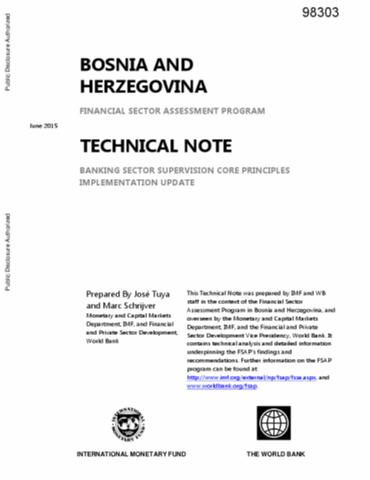The World Bank is a vital source of financial and technical assistance to developing countries around the world. We are not a bank in the ordinary sense but a unique partnership to reduce poverty and support development. The World Bank Group has two ambitious goals: End extreme poverty within a generation and boost shared prosperity.
- To end extreme poverty, the Bank's goal is to decrease the percentage of people living on less than $1.25 a day to no more than 3% by 2030.
- To promote shared prosperity, the goal is to promote income growth of the bottom 40% of the population in each country.
The World Bank Group comprises five institutions managed by their member countries.
The World Bank Group and Land: Working to protect the rights of existing land users and to help secure benefits for smallholder farmers
The World Bank (IBRD and IDA) interacts primarily with governments to increase agricultural productivity, strengthen land tenure policies and improve land governance. More than 90% of the World Bank’s agriculture portfolio focuses on the productivity and access to markets by small holder farmers. Ten percent of our projects focus on the governance of land tenure.
Similarly, investments by the International Finance Corporation (IFC), the World Bank Group’s private sector arm, including those in larger scale enterprises, overwhelmingly support smallholder farmers through improved access to finance, inputs and markets, and as direct suppliers. IFC invests in environmentally and socially sustainable private enterprises in all parts of the value chain (inputs such as irrigation and fertilizers, primary production, processing, transport and storage, traders, and risk management facilities including weather/crop insurance, warehouse financing, etc
For more information, visit the World Bank Group and land and food security (https://www.worldbank.org/en/topic/agriculture/brief/land-and-food-security1
Resources
Displaying 896 - 900 of 4907Bosnia and Herzegovina
This Technical Note was prepared by IMF and WB staff in the context of the Financial Sector Assessment Program in Bosnia and Herzegovina, and overseen by the Monetary and Capital Markets Department, IMF, and the Financial and Private Sector Development Vice Presidency, World Bank. It contains technical analysis and detailed information underpinning the FSAP’s findings and recommendations. A review of supervisory practices was conducted to assess progress towards implementation of the Basel Committee Core Principles for Effective Banking Supervision.
Evaluating the Social and Economic Impacts of Rural Road Improvements in the State of Tocantins, Brazil
The aim of this paper is to provide
feedback on the question of socioeconomic benefits from
rural road development and the impact of transport
infrastructure on the poor, particularly the poorest and the
bottom 40 percent of the population. This study relies on
impact evaluation methodologies, which are traditionally
used in social sectors but less so in the transport sector.
These methodologies were launched in 2003 under the
Maximizing the World Bank Group’s Impact in the Middle East and North Africa
This report provides an overview of the
World Bank Group’s engagement in the Middle East and North
Africa (MENA) region, highlighting the new operating model
of the World Bank Group. In particular, the report provides
insight on the key challenges and strategic engagement of
each sector (Global Practice) in MENA and details some of
the key cross-cutting challenges that countries face. This
report serves as a basis to convene international thought
Botswana Agriculture Public Expenditure Review 2000-2013
This Botswana Agriculture Public
Expenditure Review (AgPER) is one of a series of similar
studies undertaken in over a dozen countries in sub-Saharan
Africa under the framework of a program coordinated by
CAADP, supported by the Bill Melinda Gates Foundation and
the CAADP Multi-Donor Trust Fund, and implemented by the
World Bank. The AgPER presents data about actual expenditure
for the period 2000 to 2013, with an outlook on the
Rise of the Anatolian Tigers
Turkey’s demographic and economic
transformation has been one of the world’s most dramatic,
with urban growth and economic growth proceeding hand in
hand. Distinguishing Turkey from many other developing
countries has been the pace, scale, and geographical
diversity of its spatial and economic transformation.
Fast-growing secondary cities bring added challenges that
define Turkey’s second-generation urban agenda. New and







